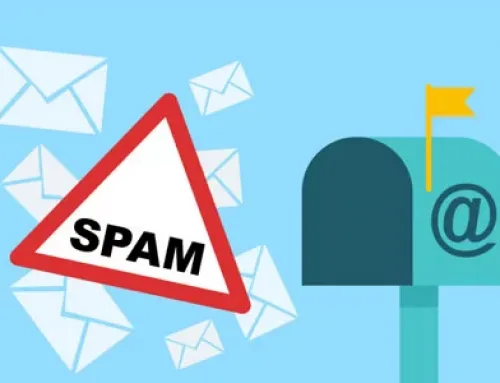You may have seen whilst browsing the web (and depending what browser you use) many sites will come up with a padlock, green bar or tick next to the address bar, like so:
SSL certificates – sometimes referred to as digital certificates – create a secure connection between a browser and a server, or between the person visiting a website and the website itself. SSL encrypts sensitive data such as passwords and credit card information that are exchanged between the browser and the server.
Trust
SSL certificates make your website more trustworthy. For websites that take payments, this trust is absolutely essential, but even non-ecommerce websites can benefit from having a little extra trust.
Web browsers will display a padlock symbol and allow the customer to view the site unhindered – if there is no SSL certificate, its likely the browser will display a warning, like “this site is not secure”, which can be very off putting, meaning people won’t even land on your website for fear of viruses etc.
For ecommerce sites, SSL certificates also come with seals or certificates of trust that you can place in key areas of your website, such as at the checkout. Again, many customers may not know what these particular certificates mean, but they will understand that a certificate on the checkout page means it’s safe to enter credit card information.
Increase conversions
Conversion optimisation can be a slow and costly way to improve your online sales particularly as, for many businesses, it means hiring a conversion optimisation specialist or agency to lead the project. But did you know there are small changes that you can make to your website that increase conversion rates? Having an SSL certificate is one of them.
For many businesses, simply adding an SSL certificate could represent a big uplift in sales.
Security
An SSL certificate is essential for any company that takes sensitive information such as credit card details. Whether non-e-commerce websites decide to add an SSL certificate to increase trust is one thing, but for e-commerce websites it’s not just a matter of trust – you’re dealing with people’s financial information which means you have to be secure.
An e-commerce website can’t afford to let its customers’ data be intercepted. Not only would they lose any future business from that customer, but it could quickly turn into a nightmare that could mean losing both current and future customers.
This may not apply to all websites that sell goods online. Some ecommerce websites use an external payment processor such as PayPal to manage payments and so no sensitive credit card information is sent between the user and their website. If this is how your business works you may not need an SSL certificate. However, as mentioned before, there are other benefits to having an SSL certificate – an increase in trust and a potential increase in conversions, for example.
Prevent spoofing
These days, more and more cyber-criminals try to spoof company emails. Banks are the most common type of company that’s targeted. Cybercriminals create fake websites that are identical to the bank’s real website and send out emails (with email addresses that are very similar to the bank’s) asking customers to login for security purposes.
What’s the main difference between the genuine bank website and the fake one? You guessed it! An SSL certificate. The fake bank website won’t have the green bar (Microsoft Internet Explorer) or padlock (Google Chrome) that shows it’s legitimate.
If your customers use your website and know to expect a green bar or tick icon then if you do get hacked they’ll know that the other website isn’t legitimate.
Better ranking in Google
Google in the past has given a very slight benefit to websites that have an SSL certificate. The benefit is minor and you won’t see any noticeable difference in ranking simply by adding an SSL certificate. Having one isn’t worth more than any of Google’s other core ranking factors (eg. backlinks) either. However, according to Google, if two websites are equal in every other aspect of its ranking criteria but one has an SSL certificate, that one will be ranked higher.
In the future, Google and other search engines could potentially be ignoring non-secure sites simply because SSLs are becoming more and more prevalent for all websites, not just company websites or corporations.
For most businesses, any improvement in ranking is a benefit and, even though the effects of an SSL certificate are minor, combined with the other benefits an SSL certificate brings it makes sense to get one.
Most websites, particularly those that don’t take payments, don’t necessarily need an SSL certificate. However, there are plenty of benefits to having an SSL certificate including increased trust, increased conversions and better ranking in Google. Although it isn’t a requirement for many websites, for most websites it’s definitely a worthwhile consideration.
If you’d like us to evaluate how secure your site is, or maybe you’d like to buy an SSL certificate but don’t know where to start. Either way we can offer you the best, impartial advice.
Related posts
Get in touch
We offer a unique approach to web design, SEO & Digital Marketing.
Our team are experts in every field of digital marketing so, you can have a stunning, professionally designed website that gets you sales & leads!
If you have any questions, or would like to discuss your project with us, please use the form below and we will get back to you – usually within a couple of a hours.
























